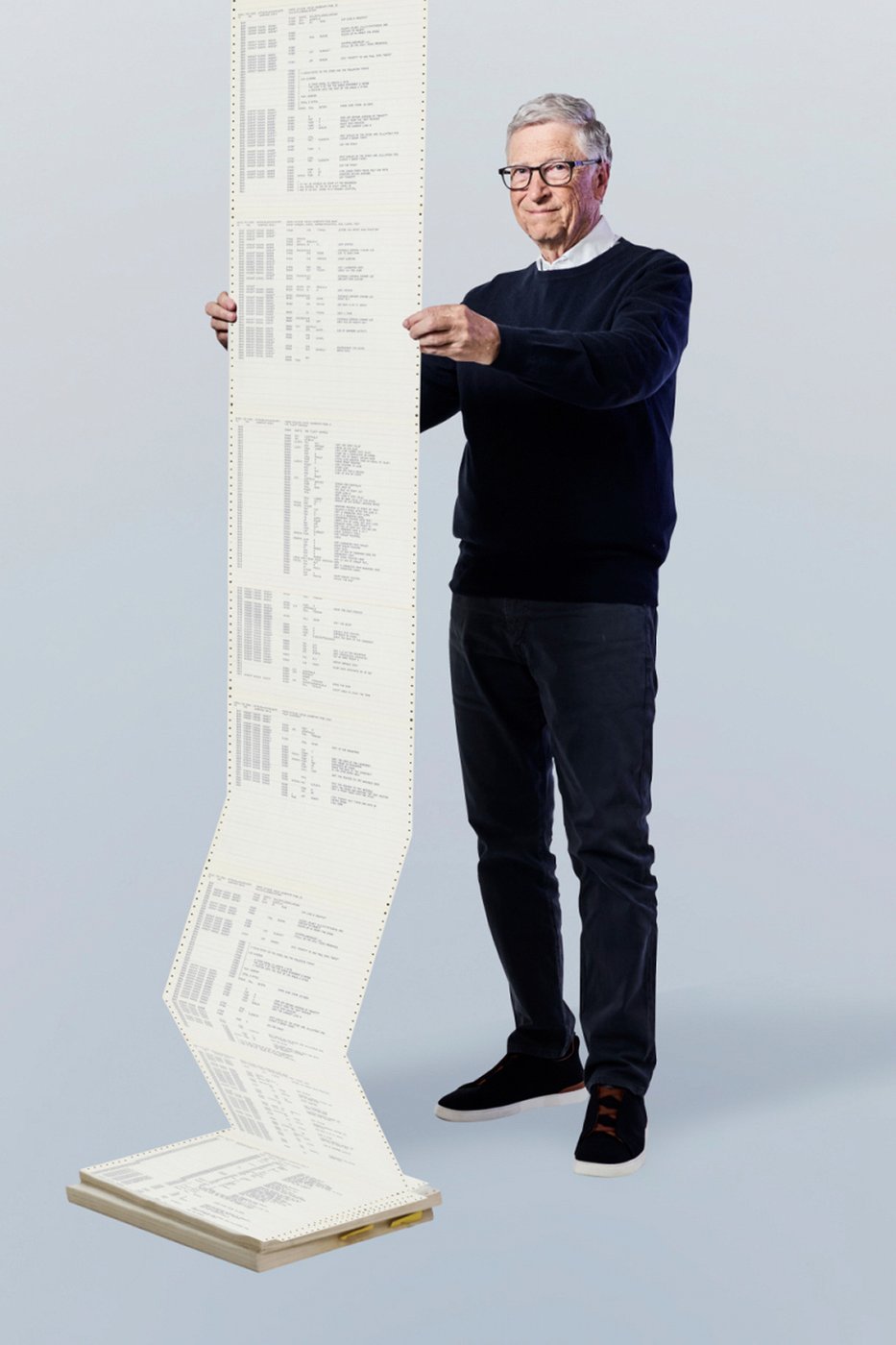Microsoft marked its 50th anniversary by boldly outlining its future path: prioritizing artificial intelligence as the core element in software development, beginning with developers.
At this significant occasion, Chairman and CEO Satya Nadella introduced an array of new AI-driven tools designed to revolutionize programming and speed up worldwide innovation.
What began as a developer tools company 50 years ago has transformed into a platform where anyone can become a developer," Nadella stated during his address last week. "The trajectory of our future won’t be determined by what we've created, but rather by what we enable others to create.
Nadella announced the immediate release of Agent Mode in Visual Studio Code, which brings a new feature allowing for autonomous AI agents aimed at helping developers in their work in real-time.
These "peer programmers" act as agents who foresee a developer’s requirements, propose solutions, and assist in bringing concepts to fruition with greater creativity and efficiency.
You truly realize you're onto something significant—when even CEOs can engage in 'vibe coding,' it indicates that intelligence has become commonplace," Nadella quipped. "However, seriously speaking, this isn’t merely an impressive parlor trick. Its impact is profound; it empowers individuals. It catalyzes human aspirations. And these changes are unfolding right at this moment.
Besides launching Agent Mode, Microsoft introduced a Code Review Agent capable of autonomously identifying and correcting bugs within code. Nadella framed these advancements as merely the start of an extensive effort to make AI development more accessible to everyone.
We're simplifying things more than ever for developers looking to create their own agents using Azure AI Foundry," he stated. "Imagine this as an agent manufacturing plant—a conveyor belt for smart solutions.
He mentioned that tens of thousands of organizations are currently utilizing Foundry, and Microsoft is enhancing its features through a novel agent framework designed for developing multi-agent systems. Additionally, they are introducing tools for assessments, refinements, adversarial testing, and security flaw identification—all geared towards helping developers produce reliable AI systems.
Nadella honored Microsoft’s founders — Bill Gates, Paul Allen, and ex-CEO Steve Ballmer — along with their vision that initiated the company’s path with a BASIC interpreter designed for the Altair computer.
Fifty years ago, Bill and Paul launched Microsoft with a straightforward yet potent concept: to create technology enabling individuals worldwide to develop even more technology," he stated. "This notion ignited the personal computer revolution and spawned an entirely new industry for our economy.
Today, Nadella stated that Microsoft’s mission stays the same—but it has broadened to address the requirements of a world influenced by artificial intelligence.
"We are at the forefront of this emerging tide of AI innovation... empowering individuals to wield this technology so they can develop software that propels their communities and nations ahead," he stated.
As Microsoft charts its course for the next half-century, the company is placing its bets on AI-driven programming and smart tools to mold both its own destiny and the global approach to technological development.
Provided by Syndigate Media Inc. ( Syndigate.info ).